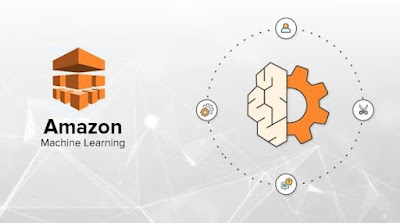Machine Learning on AWS 🧠💻
Machine Learning (ML) using AWS offers a cloud-based environment, making it easier to scale, manage, and deploy models. AWS provides services like SageMaker, which streamlines the process from data preparation to model deployment. AWS has the advantage of being scalable—"The sky's the limit!" 🌤️ You can start small and increase resources as your ML workload grows, paying only for what you use. Moreover, AWS integrates with other cloud services like EC2, S3, and Lambda, making the ML pipeline highly efficient. Its security, maintenance, and auto-scaling features are hard to beat. "Work smarter, not harder!" 🚀
In contrast, local deployment of ML projects requires hardware and infrastructure setup. While it allows full control over data, compute resources, and customization, local projects can be challenging to scale. You may face limitations in storage and computational power, and upgrading infrastructure is often costly. It also demands constant monitoring and maintenance. But local deployment offers enhanced privacy and control over your data, which might be crucial for certain industries. "If you want something done right, do it yourself." 🛠️
Example of using AWS SageMaker for a basic machine learning task:
To train a model, first, upload your dataset to an S3 bucket. Then, create a SageMaker notebook instance to write Python code using libraries like TensorFlow or scikit-learn. Define a model and configure it using the SageMaker training estimator, specifying the instance type and hyperparameters. Train the model by linking it to the dataset stored in S3. After training, the model is deployed using SageMaker’s deploy function, which automatically provisions an endpoint. Finally, send test data to the endpoint to make predictions via a REST API.
Comparison
-Cost: AWS follows a pay-as-you-go model, while local deployments may incur significant upfront hardware costs.
-Scalability: AWS scales effortlessly; local setups require expensive upgrades.
-Control: Local setups provide complete control, while AWS abstracts much of the infrastructure management.
-Security: AWS offers robust, managed security, though local deployment allows for tailored security configurations.
Ultimately, "choose your battles wisely!" Each approach has its strengths, depending on your project’s needs.






Comments
Post a Comment